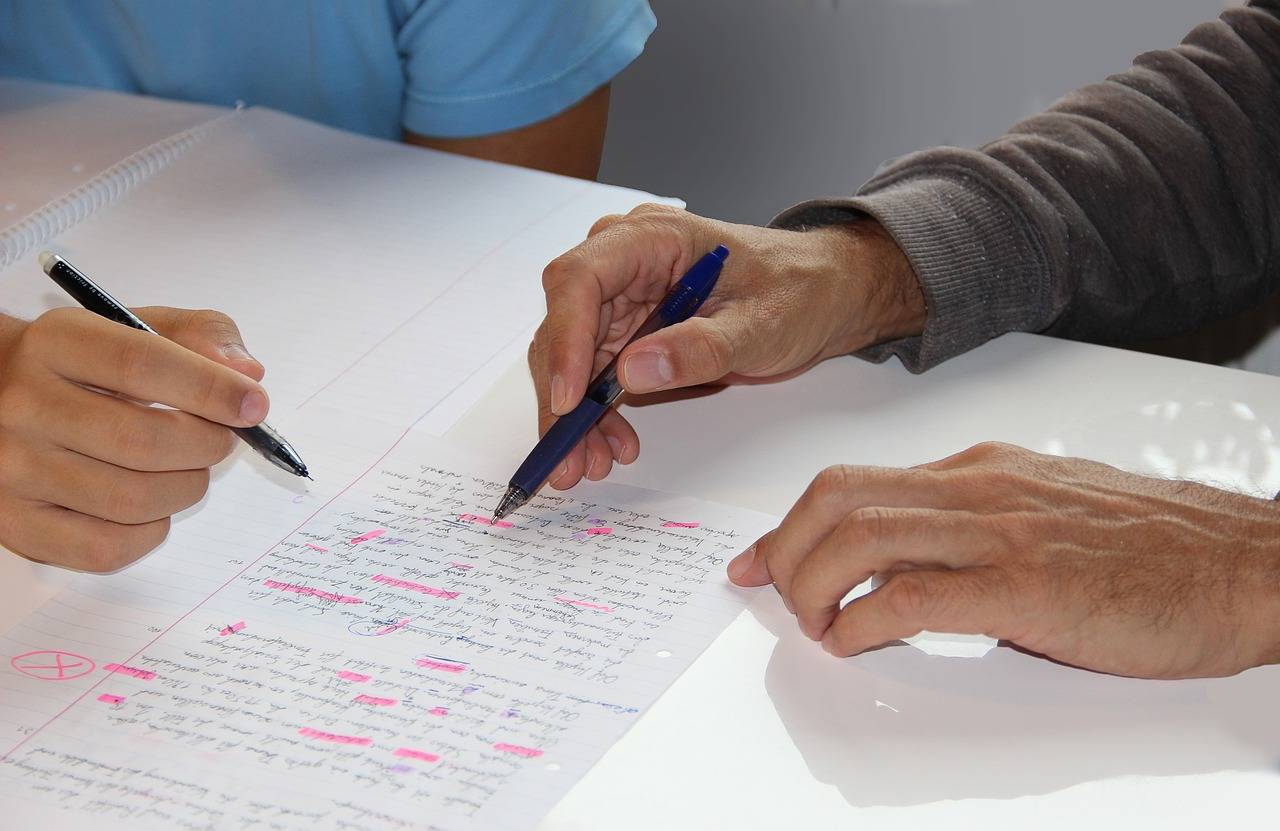Exploring the Role of Peer Teaching in Knowledge Transfer
Peer teaching is a powerful strategy that promotes the sharing of knowledge among peers. In this approach, students take on the role of both teacher and learner, aiding each other in understanding complex concepts. Through this collaborative process, individuals not only reinforce their own understanding but also deepen their grasp of the subject matter by explaining it to others.
By engaging in peer teaching, students are able to build upon their communication skills and enhance their ability to articulate ideas effectively. This practice encourages active participation and fosters a supportive learning environment where individuals are motivated to actively contribute to the learning process. Moreover, peer teaching promotes a sense of responsibility and accountability among students, as they are entrusted with the task of conveying information accurately to their peers.
The Benefits of Peer Teaching in Educational Settings
Peer teaching in educational settings offers a multitude of benefits that significantly contribute to the learning experience of students. By engaging in peer teaching, students not only reinforce their own understanding of the material but also develop stronger communication and interpersonal skills. The collaborative nature of peer teaching fosters a supportive learning environment where students feel comfortable asking questions and seeking clarification from their peers.
Moreover, peer teaching encourages active participation and engagement among students, leading to increased retention of information. Through explaining concepts to their peers, students are required to think critically about the subject matter, which enhances their comprehension and mastery of the material. This interactive learning approach not only benefits the student delivering the lesson but also provides valuable insight and perspectives to the students receiving the instruction.
How Peer Teaching Enhances Critical Thinking Skills
Peer teaching is an effective method of enhancing critical thinking skills among students. By actively engaging in teaching their peers, students are required to think deeply about the subject matter in order to explain it clearly. This process of explaining concepts and answering questions from fellow students encourages a higher level of understanding and analysis.
Furthermore, peer teaching allows students to approach problems from different perspectives. As students collaborate to teach and learn from each other, they are exposed to diverse viewpoints and ways of thinking. This exposure challenges students to consider alternative solutions and interpretations, thereby fostering the development of critical thinking skills.





